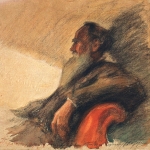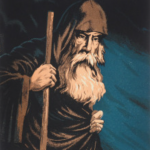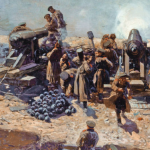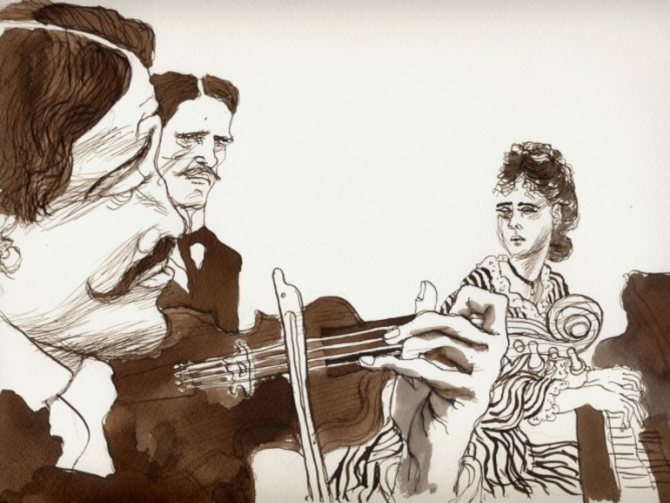
24.12.2022
“Kreutzer Sonata” is a novella by Leo Tolstoy, published in 1890 and immediately censored by the tsarist authorities. The book proclaims the ideal of abstinence and describes in first person the rage of jealousy. The story is named after Ludwig van Beethoven’s Sonata No 9 for Violin and Piano, dedicated to the French violinist Rodolphe Kreutzer.
Summary
On the train, the protagonist, Vasily Pozdnyshev, interjects himself into a general conversation about love, describing how he was carelessly promiscuous in his youth, complaining that women’s dresses are designed to excite men’s desires. Claims that women will never be given equal rights as long as men perceive them as objects of passion, while describing their power over men.
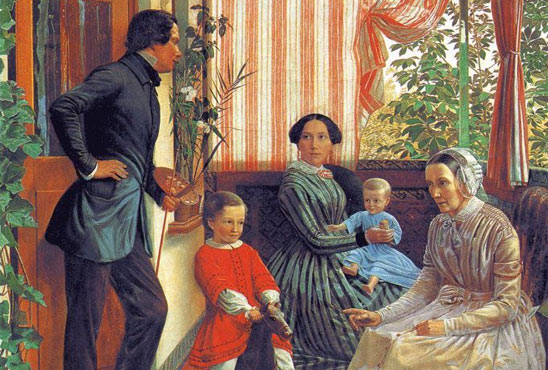
Poznyshev describes the events leading up to the murder of his wife; as he did not marry for money or connections (she was poor) and also had the intention of keeping “monogamy” after marriage, there was no limit to his pride. However, everything went wrong at once, the honeymoon did not add up. On the third or fourth day Pozdnyshev found his wife bored, began to ask, hugged her, she cried, unable to explain. She was sad and heavy, and her face expressed an unexpected coldness and hostility. Pozdnyshev did not yet realise that this hostility was a reaction to himself and was not a temporary condition, but a permanent one. But then a series of quarrels ensued, and Pozdnyshev felt that marriage was not something pleasant but, on the contrary, very hard, but he did not want to admit it to himself or to others.
Before the fateful events, the Pozdnyshevs had already had five children and more than eight years of marriage. Pozdnyshev invites a violinist-teacher to his house, to whom he feels rejected and jealous of his appearance at first sight, but still does not give him his resignation. His wife admires the violinist and they play Beethoven’s “Kreutzer Sonata” together at a musical evening organised at Pozdnyshev’s house. After the evening the protagonist calms down, seeing that everything is perfectly natural, and leaves on business.
On departure, he receives a letter from his wife that the violinist has dropped off notes for her, whereas there was no agreement on this, and the hero, once again indulging in the power of jealousy, rushes back to Moscow. Pozdnyshev, suddenly returning deep into the night, catches the violinist with his wife. They are terrified by his arrival. The musician escapes and Pozdnyshev, with a violent rage of jealousy, remains alone in his room with his wife.
Censorship
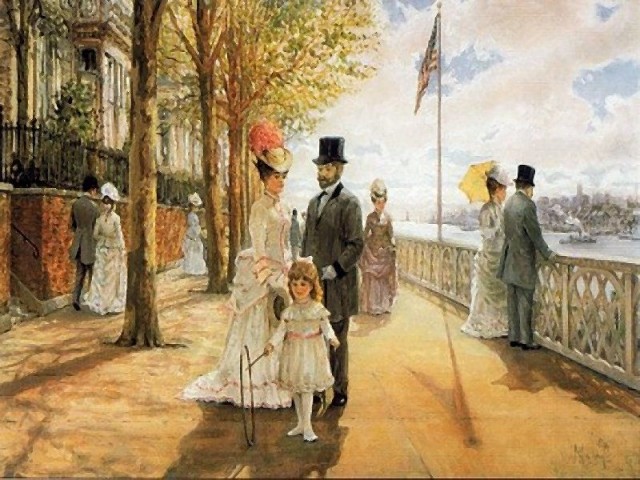
Due to the unusual and scandalous nature of the work at the time, the publication of The Kreutzer Sonata in a magazine or as a separate edition was banned by the censorship authorities. It was only after a talk between Countess Tolstoy’s great aunt Alexandra Andreyevna – a maiden, chambermaid, tutor of the Grand Duchess Maria Alexandrovna – and Emperor Alexander III that the Emperor permitted publication of the story as part of the next volume of Tolstoy’s collected works.
However, the censorship ban only increased the appeal of the story, which long before publication began to circulate in lists and read in private homes. In 1890, the US Post Office banned the mailing of newspapers where the story was printed. Some American publishers published extracts of the story as a separate booklet to promote it and distributed them with the help of street vendors in New York for a nominal price. In the city there even appeared wagons on which was written in big letters: “Forbidden by the Russian government and the Postmaster General of the United States Tolstoy’s best work “Kreutzer Sonata”. US President Theodore Roosevelt later described Tolstoy as “a man of perverted sexual morals”.

